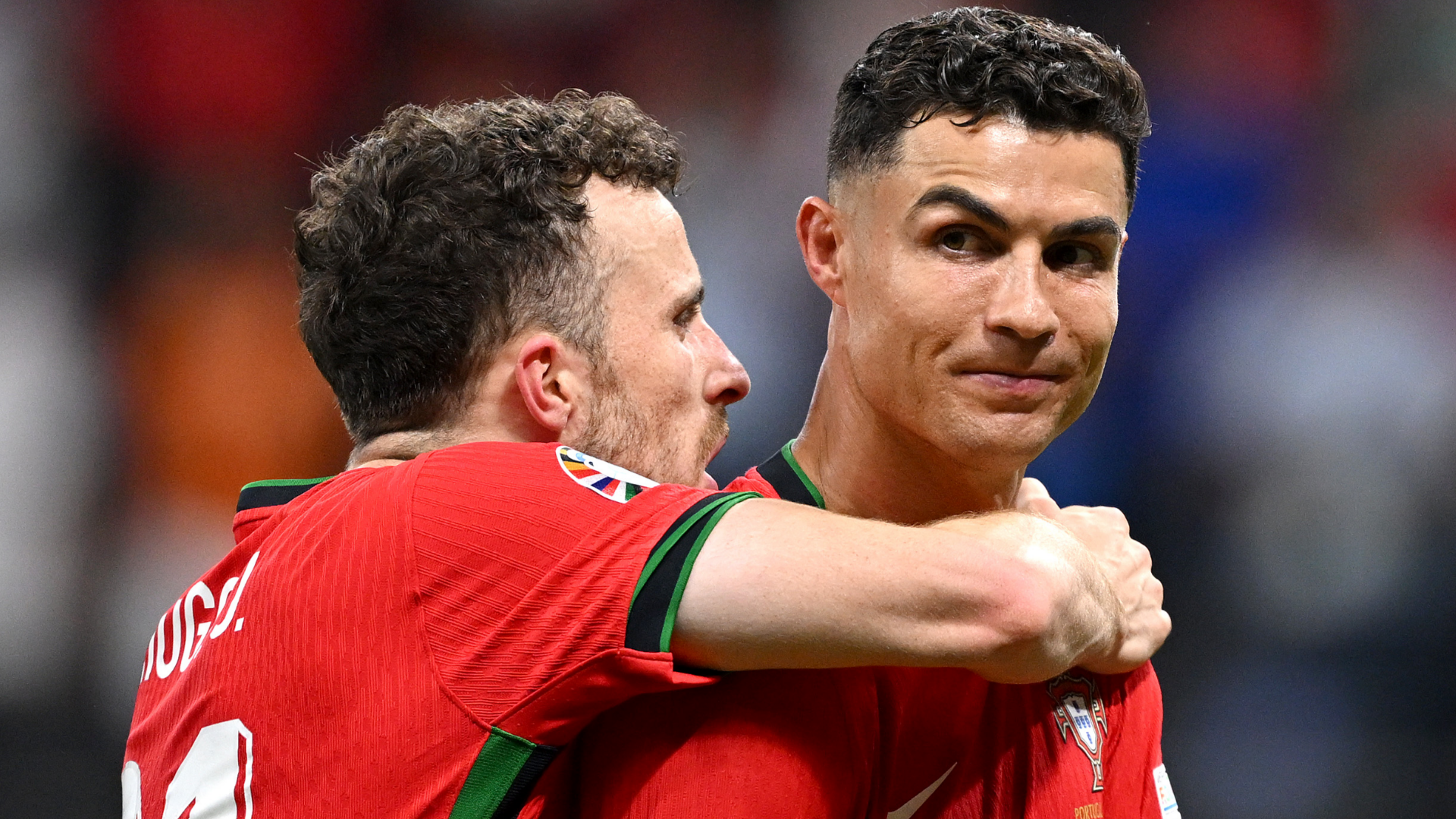Cristiano Ronaldo absence highlighted at Jota farewell
Cristiano Ronaldo absence from the saddest day in Portuguese football’s recent memory has triggered fierce debate, yet his family insists the decision was motivated by respect, not indifference.
Cristiano Ronaldo absence: why the captain stayed in Saudi Arabia
When news broke that Diogo Jota and his brother André Silva had died in a car accident on 3 July, tributes poured in from every corner of the game. The Liverpool forward was only 28, a newly-married father whose last international outing came alongside Cristiano Ronaldo in the UEFA Nations League final victory. His funeral, held in a quiet parish outside Porto, drew team-mates, coaches, and local dignitaries. Cameras gathered in anticipation of seeing the Portugal captain, yet a Cristiano Ronaldo absence soon became the headline.
Sources close to the Al-Nassr striker say he considered flying from Riyadh, but ultimately declined to travel. Katia Aveiro, Ronaldo’s outspoken sister, clarified the reasoning in an emotional Instagram story. She recalled her own father’s burial in 2005, explaining that unwanted media frenzy worsened private grief. “When my father died,” she wrote, “there were cameras everywhere. We could barely leave the chapel. My brother knows his presence would create the same chaos for Jota’s family.” For Aveiro, the criticism aimed at Ronaldo misses the point: “People prefer to judge an absence instead of honouring a devastated family.”
A family’s plea for understanding
The Aveiro family has dealt with public mourning before. Ronaldo’s celebrity ensures that any appearance becomes a magnet for phones and reporters. In her post, Katia stressed that authentic support often happens away from the spotlight. “Pain blinds you,” she added, “I can’t remember who greeted me at my father’s funeral. What helps is quiet messages, not a circus.”
Those close to the situation say Ronaldo contacted Jota’s widow, Rute Cardoso, privately, offering financial and emotional assistance. He also spoke with Portugal manager Roberto Martínez.
The captain’s public tribute
Although a Cristiano Ronaldo absence was felt at the service, the 40-year-old marked the loss online. “It doesn’t make sense,” he wrote on social media. “We were together with the national team, and you had just married. To your family, wife, and children, I send my condolences and all the strength in the world. Rest in peace, Diogo and André. We will miss you.” The post, shared by millions, underscored the unity within the Seleção.
Media backlash and fan reaction
Despite the heartfelt message, talk-show panels and social networks erupted. Commentators argued that the Portugal captain should have led the squad in person, setting an example of solidarity. Others countered that grief rituals vary, and a high-profile figure can unintentionally intrude on a family’s final goodbye. Aveiro’s post referred to “sick fanaticism” and a “bottomless pit” of criticism that ignores empathy.
Understanding Portuguese mourning traditions
Funerals in Portugal often emphasise intimacy. Small village chapels quickly overflow when a public figure dies, and families routinely ask journalists to keep their distance. Former national coach Luís Felipe Scolari, who did attend the service, told local reporters he understood the Cristiano Ronaldo absence: “His heart was there. Sometimes staying away is the greatest sign of respect.”
The logistics behind a Cristiano Ronaldo absence
Travelling from Riyadh to Porto on short notice is complex. Al-Nassr are in pre-season, and private flights require security clearances. Organisers feared that any last-minute appearance could delay the ceremony, already complicated by the arrival of Premier League stars. Even without Ronaldo, security had to manage thousands of mourners lining the route.
Katia Aveiro’s broader message
Aveiro’s statement touched on larger societal issues. She compared online vitriol to “war,” arguing that humanity is losing the capacity for compassion. Her plea resonated with many Portuguese supporters who called for a period of silence rather than blame. “Every day we must fight human evil,” she concluded.
Legacy of Diogo Jota and national team bonds
Jota’s rise from Paços de Ferreira academy to Wolves and Liverpool embodied modern Portuguese talent. Teammates Bruno Fernandes and Rúben Dias, both present at the funeral, reflected on a player who “never stopped smiling.” They revealed that Ronaldo had been mentoring Jota on nutrition and longevity during the June training camp. The Cristiano Ronaldo absence at the funeral does not erase those private moments of guidance.
Will it affect dressing-room chemistry?
Insiders say no. Portugal’s squad places individual decisions above public perception. Goalkeeper Diogo Costa noted, “We know what Cris did behind the scenes. That’s enough.” Coach Martínez, preparing for September qualifiers, expects no lingering resentment.
The wider debate on celebrity mourning
The incident reignites questions about how public figures should grieve. Should icons attend every high-profile funeral, or is a thoughtful message sufficient? Media scholar Dr. Marta Silva believes society must “allow different expressions of sorrow.” She notes that a Cristiano Ronaldo absence can paradoxically keep focus on the deceased instead of the superstar.
Impact on Ronaldo’s brand
Marketing analysts suggest minimal long-term damage. While headlines captured the controversy, most sponsors appreciate that Ronaldo’s decision aligned with family values. His swift, heartfelt tribute showcased authenticity—an increasingly prized quality in sports endorsements.
Conclusion and personal take
In the end, grief is personal. Expecting a single, uniform gesture from every individual—celebrity or not—risks reducing mourning to performance. The Cristiano Ronaldo absence from Diogo Jota’s funeral may disappoint some, but the reasoning offered by his sister underscores a legitimate concern: allowing a bereaved family to mourn without spectacle should come before satisfying public curiosity.
Opinion: In a world obsessed with optics, Ronaldo’s choice reminds us that the most genuine condolences are often unseen. Respect sometimes means stepping back, even when stepping forward might be easier for one’s image.
Your global gateway to nonstop football coverage:
Goal Sports News
Share this content:
